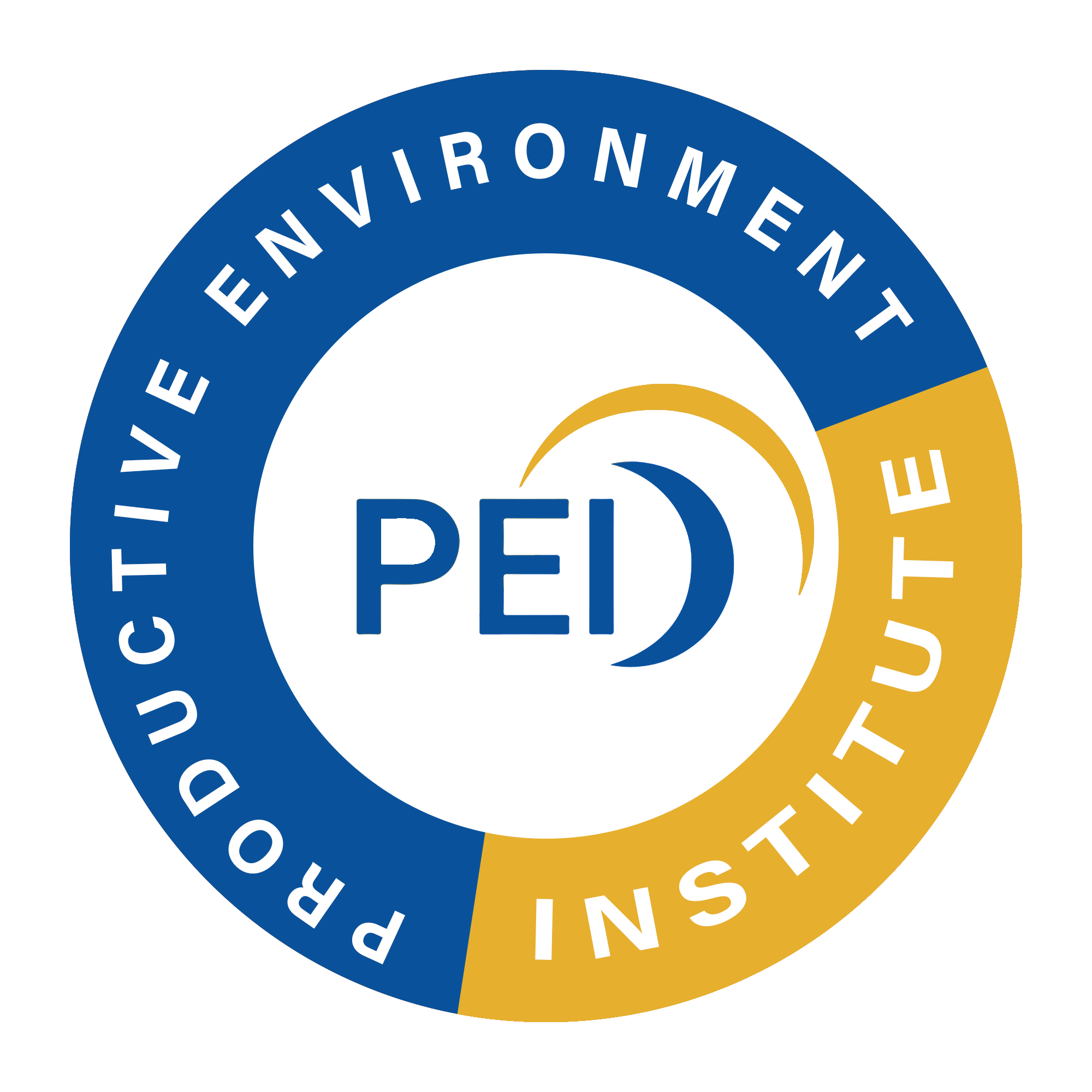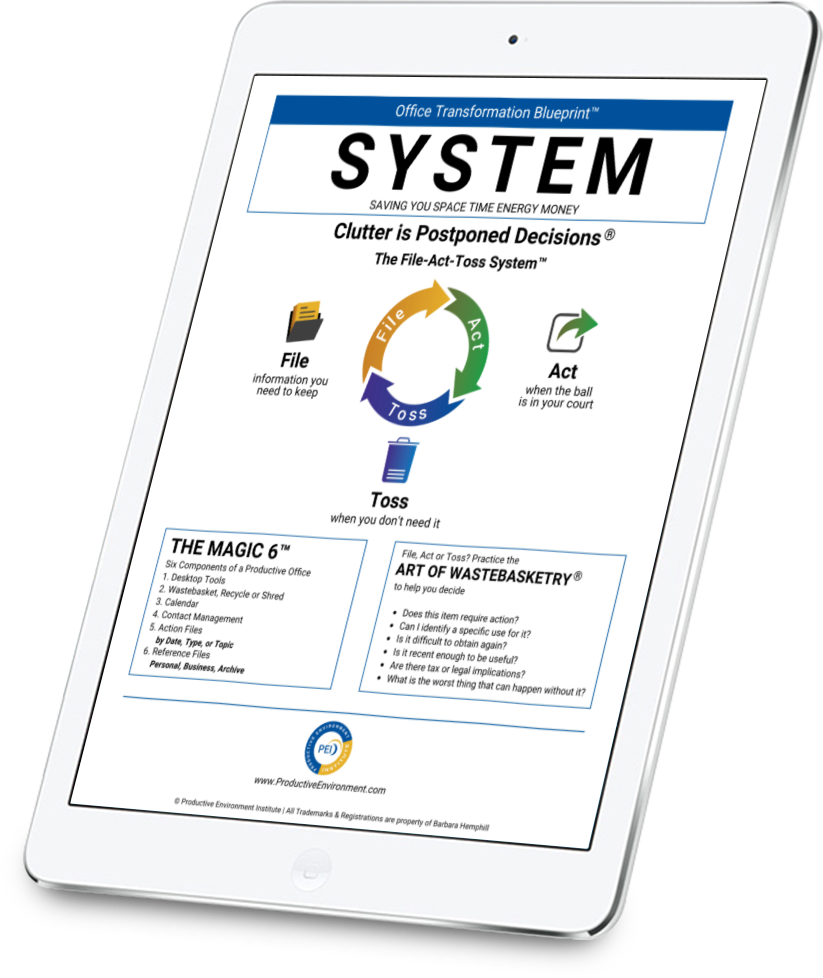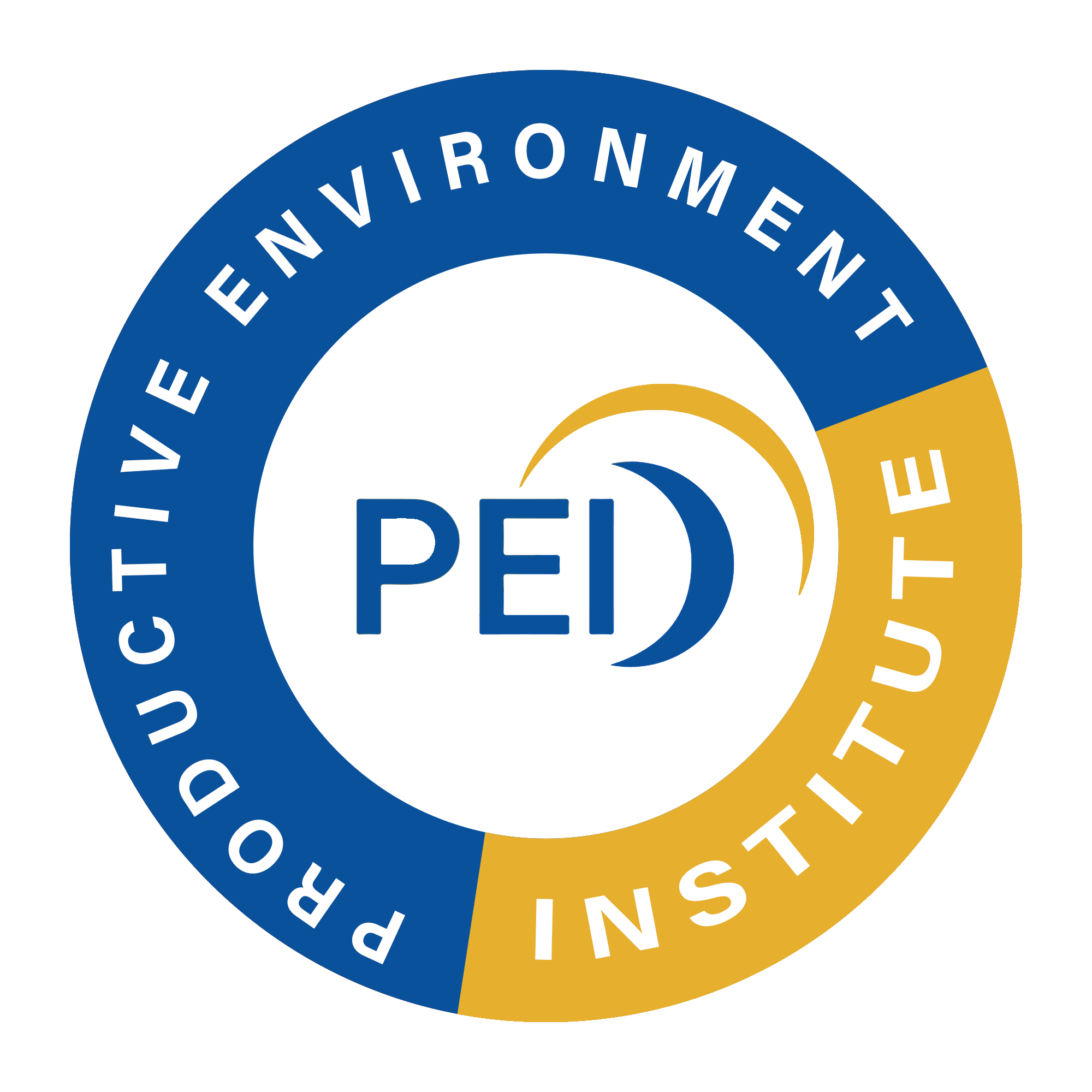Productive Environment Blog

Overcoming Procrastination with Compassion and Clarity | Kathy Muzik
“We cannot selectively numb emotions. When we numb the painful emotions, we also numb the positive emotions.” -- Brene Brown
Procrastination is a stubborn hurdle that keeps us from completing even the simplest tasks. As a result, we often chastise ourselves or feel the brunt of others calling us lazy. Beneath the surface, however, procrastination usually has far less to do with laziness and infinitely more to do with our emotions.
You've probably heard someone say, "You can't avoid your emotions. You need to work through them." But what exactly does that mean? And how do you do it?
Keeping in mind that I am not a licensed healthcare professional and this is not medical advice, "working through" emotions refers to the process of acknowledging, understanding, and addressing the feelings that keep us stuck. This process requires self-compassion and intentionality, and it can lead to greater clarity and productivity in all areas of life.
What Does It Mean?
"Working through" emotions isn't about suppressing or ignoring our feelings—it's about leaning into those feelings with curiosity and kindness. Emotions can be hidden barriers preventing us from taking action. If left unchecked, they can lead to avoidance behaviors like endlessly scrolling social media or finding busywork that feels productive but doesn't move us closer to our goals.
But to work through emotions, we first need to identify them. Often, this begins with pausing and asking ourselves, "What am I feeling right now?" and "What's driving my hesitation?" From there, we can explore the root cause and decide how to respond rather than reacting impulsively.
How Do Emotions Lead to Procrastination?
Still wondering what emotions have to do with procrastination? Here are some common ways emotional discomfort can lead to procrastination:
Fear of Failure: We might avoid starting a project because we're worried it won't meet our (or others') expectations.
Perfectionism: The pressure to perform perfectly can make any task feel monumental, leading to paralysis instead of progress.
Overwhelm: A long to-do list or a large, ambiguous project can trigger feelings of helplessness, making it easier to avoid the task altogether.
Negative Self-Talk: Telling ourselves, "I'm not good at this" or "I'll never get it done," can sap motivation and reinforce procrastination cycles.
Acknowledging our feelings better equips us to address the underlying issues rather than letting them control our actions.
Working Through Emotions: A 'How To'
When you realize you are avoiding action, pause and notice your emotional state. This step might initially feel uncomfortable, especially if you're used to ignoring your feelings, but it's an essential part of the process.
Try asking yourself, "What am I feeling right now?" or "What is this feeling trying to tell me?" Journaling can be a helpful way to articulate these emotions, especially if they feel jumbled or overwhelming.
Naming the emotion can give you power over it. Instead of saying, "I feel bad about this project," try being more specific. "I feel anxious because I'm not sure how to start." or "I feel frustrated because I don't have enough information." This clarity can shift your mindset and help you objectively view the situation.
Remind yourself that it's okay to feel this way. Emotions are a natural part of being human, and validating them can reduce the shame or frustration that often compounds procrastination. You might say, "Feeling nervous about this task is okay. It doesn't mean I'm incapable."
Once you've acknowledged your emotions, see if you can reframe the situation in a way that feels less overwhelming. Instead of focusing on the entire project, identify a small, manageable step you can take.
For instance, if you're avoiding processing your email inbox, start with your focus on just one email. If writing a report feels daunting, draft an outline before tackling the entire document. Breaking tasks into bite-sized pieces reduces emotional resistance and builds momentum.
Practice Self-Compassion
Procrastination can often lead to a spiral of negative self-talk. Sadly, this mindset only exacerbates the problem. Instead, try treating yourself as you would a friend who is struggling.
For example, "This task feels hard, and that's okay. I'll take it one step at a time." or "I've procrastinated, but I'm ready to start now. That's what matters."
Take Action
Action is the antidote to procrastination, but it doesn't have to be perfect or complete. Once you've worked through your initial emotions, commit to starting—however small that start may be.
Celebrate the progress you make, no matter how incremental. Each step forward proves you can work through discomfort and move toward your goals.
Emotions Aren't the Enemy
Procrastination often stems from our desire to avoid unpleasant feelings, but those feelings are not the enemy. Instead, they are signals—indicators of what we care about and where we might need extra support. When we take the time to work through these emotions, we gain a deeper understanding of ourselves and our goals.
Moving Forward
Working through emotions is not about achieving instant perfection. It's a practice—showing up for yourself with curiosity, compassion, and courage. By facing your emotions head-on, you can transform procrastination from an insurmountable barrier into a manageable challenge.
The next time you feel stuck, remember that you don't need to have everything figured out before you start. Acknowledging your emotions and taking one small step forward can create the momentum you need to keep going.
With time and practice, you'll find that working through emotions is not just a tool for productivity—it's a pathway to greater self-awareness and a more intentional life.
Meet Our Team of Experts

BARBARA HEMPHILL
FOUNDER
Productive Environment Institute

ANDREA ANDERSON
CEO
Productive Environment Institute
CONTACT US
Use the Contact button on this page or
Leave a Voicemail @



